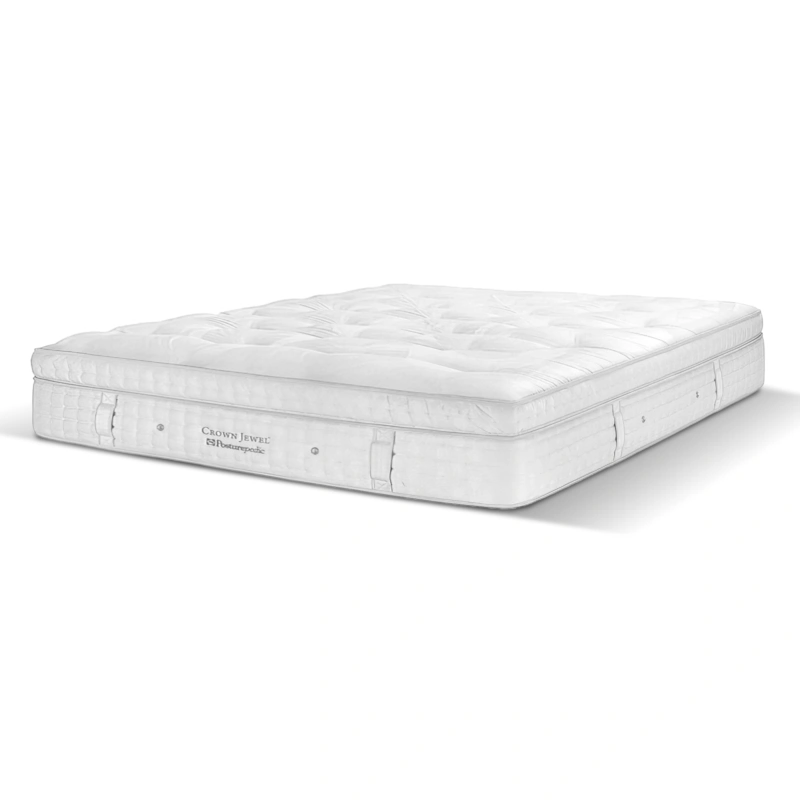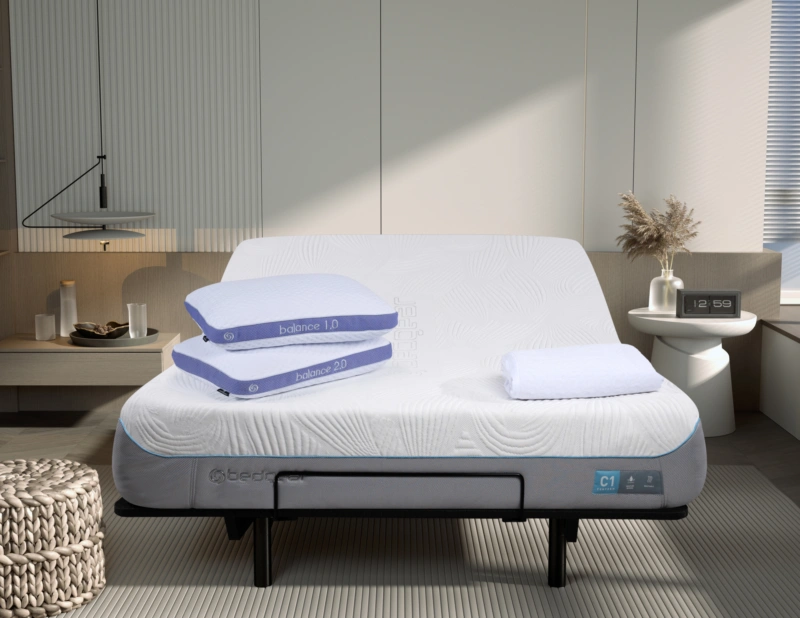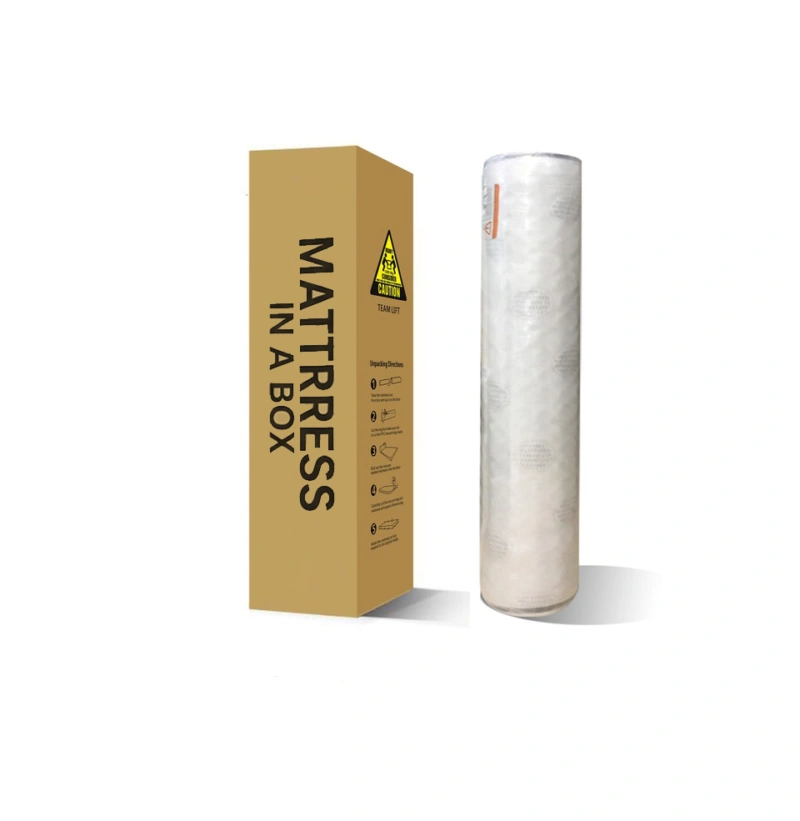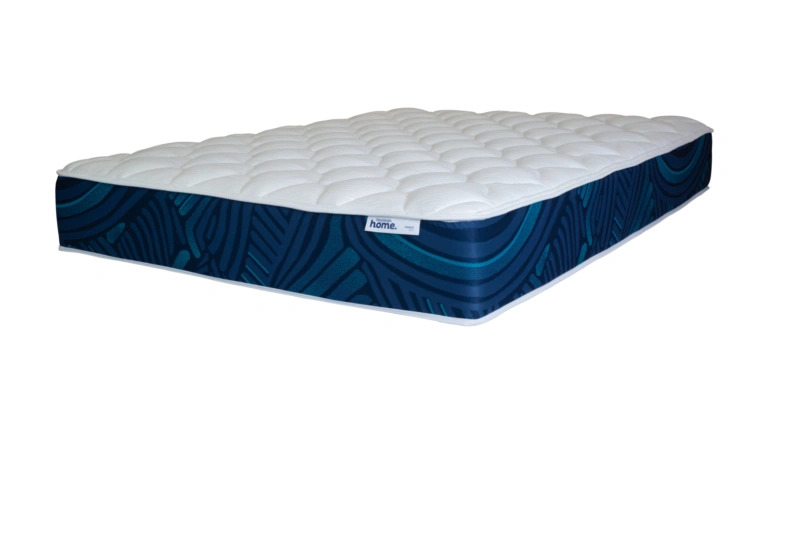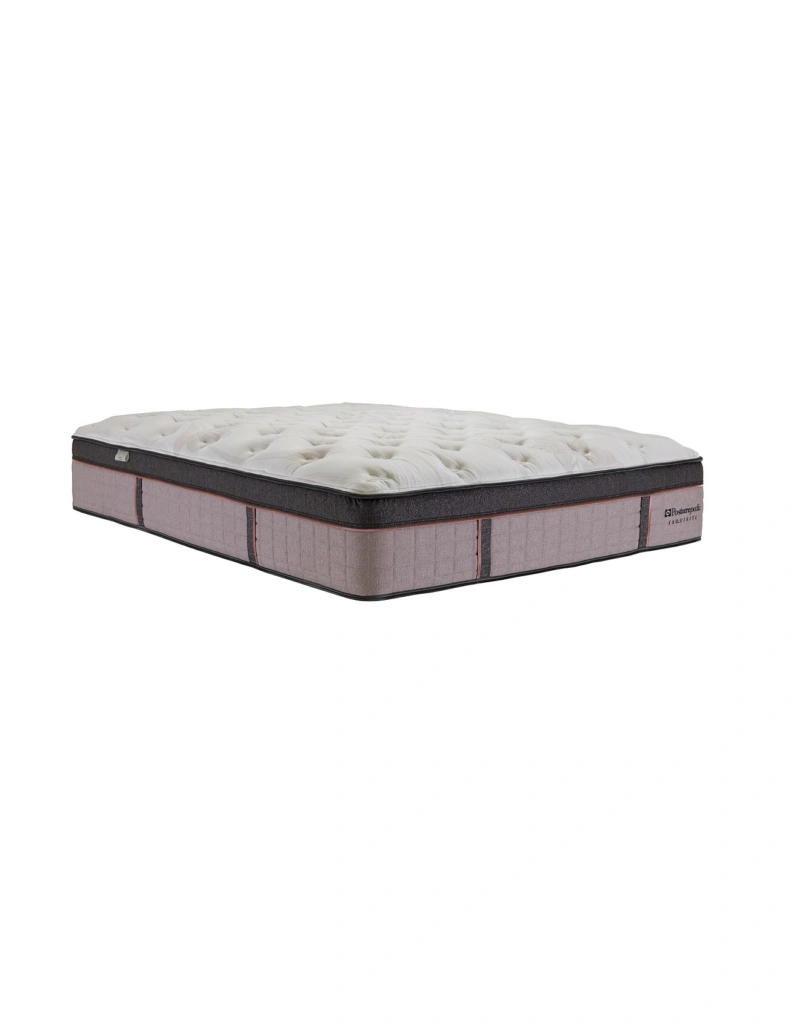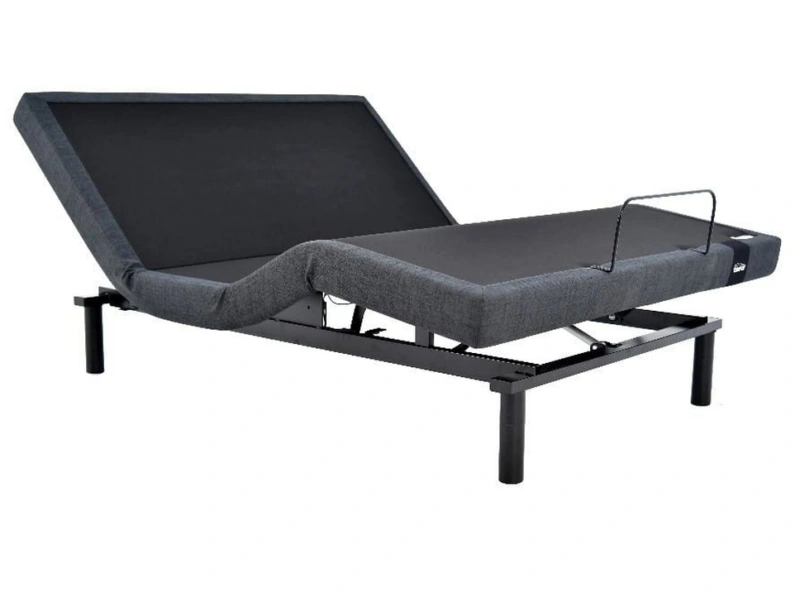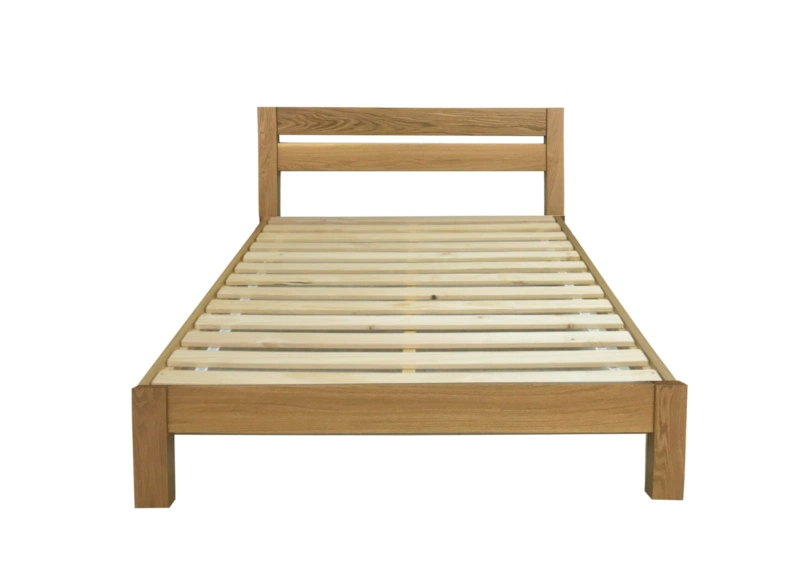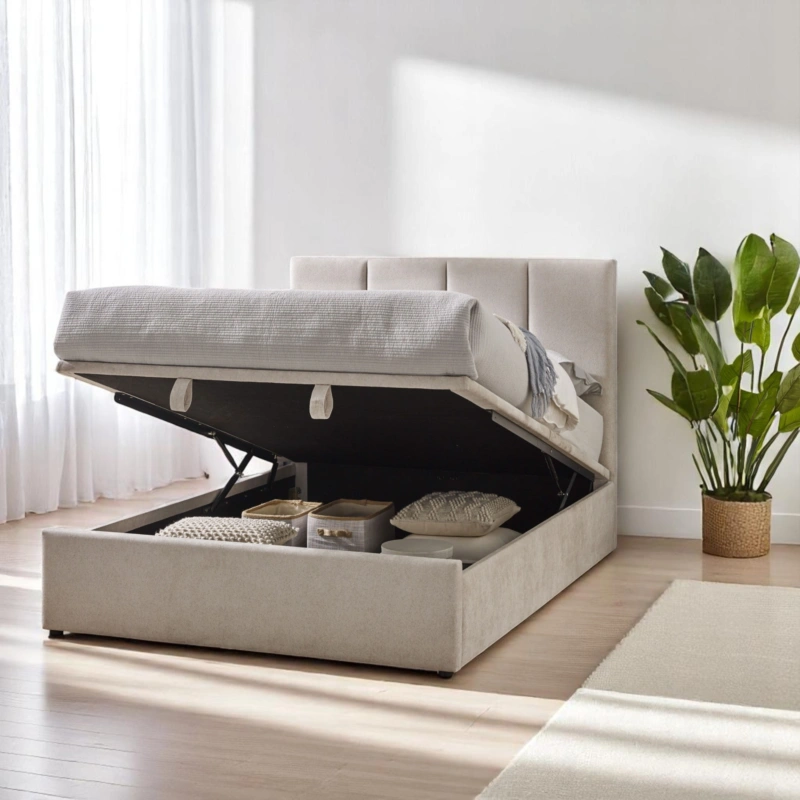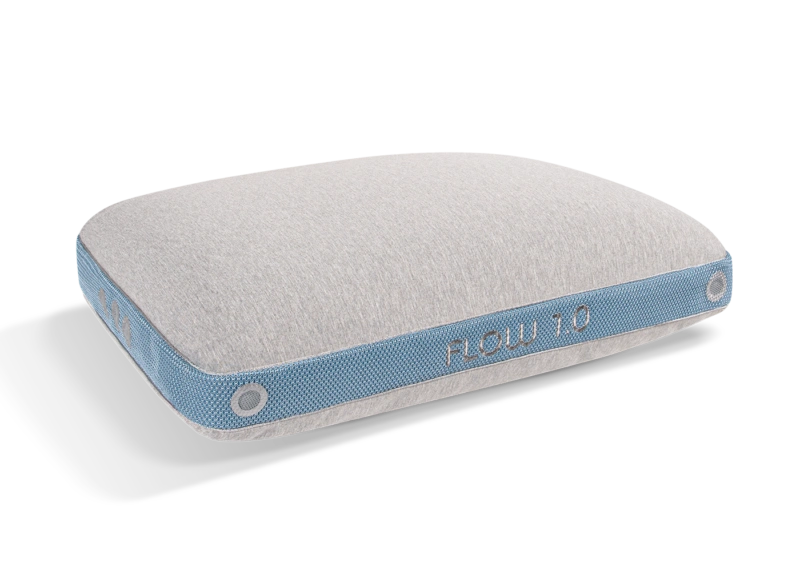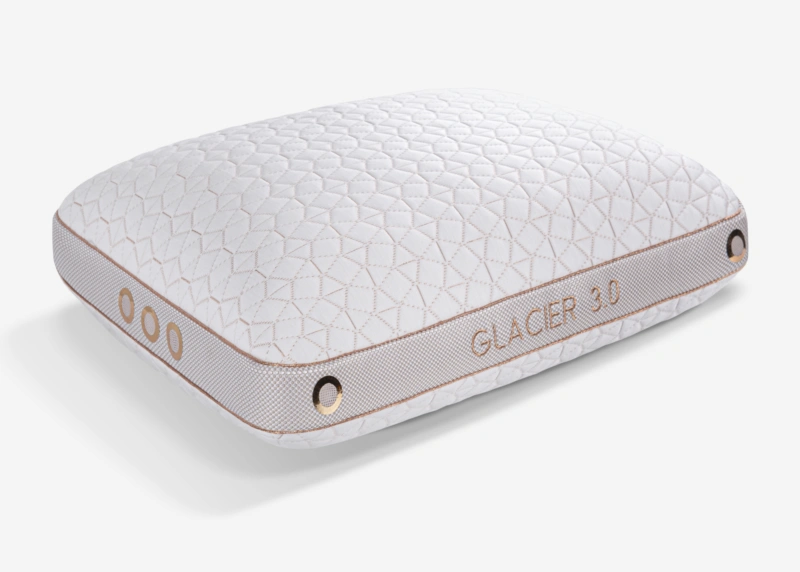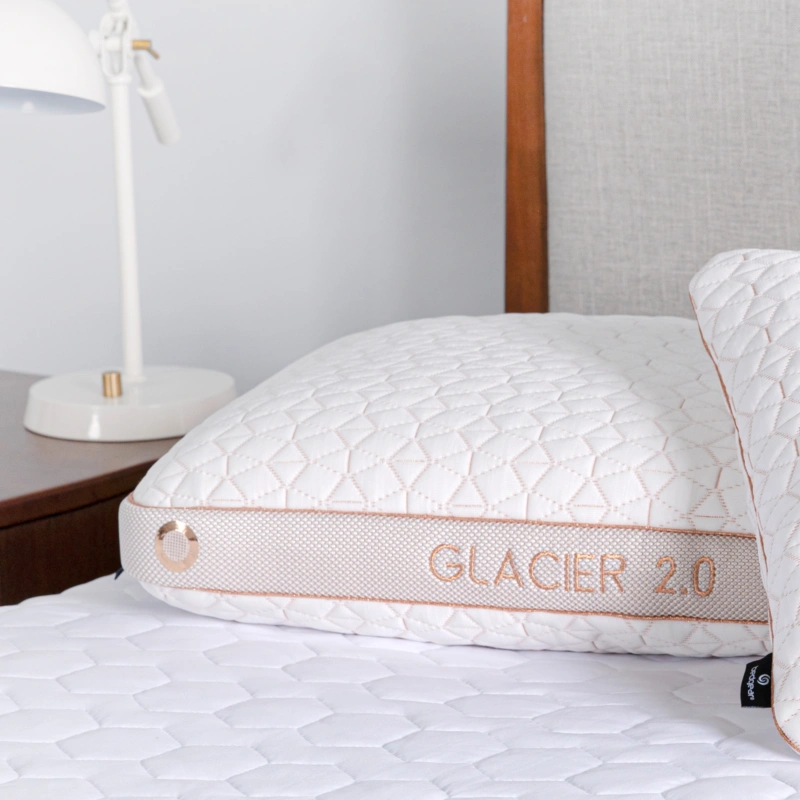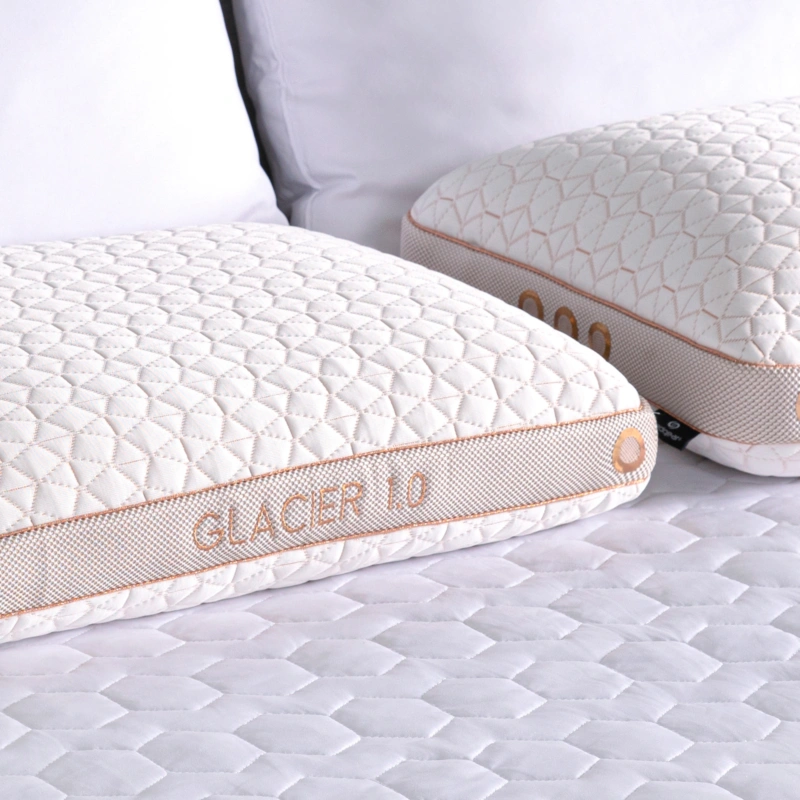A nightcap won’t help you sleep
Contrary to what many of us believe, a glass of wine or beer before bedtime isn’t helping us make the most of our sleep.
It might help us fall asleep a little quicker but research reported in DNAIndia reveals that once we’re asleep our brain is not getting the rest it requires.
Study co-author Christian L Nicholas said people focused on alcohol as a sedative but their study of 12 men and 12 women – all healthy 18 to 21-year-old social drinkers who had consumed less than seven standard drinks per week during the previous month – showed symptoms which reflected a disruption of normal REM sleep and increases in something called alpha-delta activity, which is associated with unrefreshing sleep and also occurs in people with chronic pain conditions.
The study went on to say that regular disruption of sleep by pre-sleep alcohol consumption could lead to detrimental effects on daytime wellbeing, learning and memory.
Risks for youngsters of not sleeping well…
And it’s not good news either for kids who won’t sleep at night.
A study due to be published in February in the issue of Alcoholism: Clinical and Experimental Research and reported by MedicalXpress finds that sleep difficulties and a lack of sleep can predict problems such as binge-drinking.
Maria M. Wong, professor and director of experimental training in the department of psychology at Idaho State University and corresponding author of the study said polls showed 27 percent of school-aged children and 45 percent of adolescents did not get enough sleep and around 1 in 10 adolescents have trouble falling asleep or staying asleep almost every day, or every day, in the previous 12 months.
"Among normal adults, sleep difficulties and insomnia have predicted onset of alcohol use one year later, and increased risk of any illicit drug use disorder and nicotine dependence 3.5 years later," said Wong. "The association between poor sleep and substance use has also been found in younger age groups. Overtiredness in childhood has predicted lower response inhibition in adolescence, which in turn predicted number of illicit drugs used in young adulthood. Overtiredness in childhood has also directly predicted the presence of binge drinking, blackouts, driving after drinking alcohol, and number of lifetime alcohol problems in young adulthood. The purpose of this study was to examine whether sleep difficulties and hours of sleep prospectively predicted several serious substance-related problems that included binge drinking, driving under the influence of alcohol, and risky sexual behavior."
…and why they’re not sleeping
It makes perfect sense to most of us, but an overstimulated mind isn’t best set for a good night’s rest – and our love of computers, tablets, televisions and ebooks isn’t helping.
Research published in the Proceedings of the National Academy of Sciences and reported in The Boston Globe suggests devices with backlit screens that emit blue light have a real effect on how well we sleep.
“It seems that use of these devices in the evening before bedtime really has this negative impact on our sleep and on your circadian rhythms,” said Anne-Marie Chang, a neuroscientist at the Brigham who led the work and who recently moved to Pennsylvania State University.

